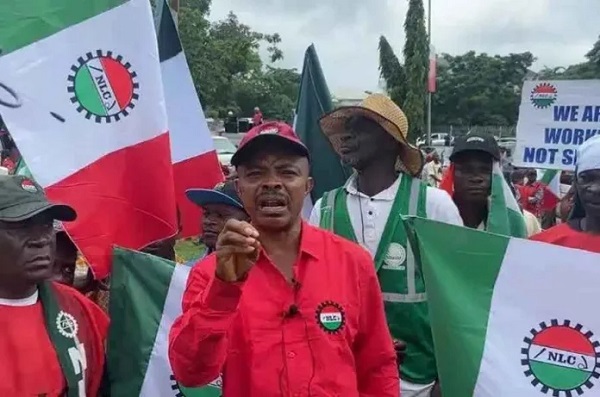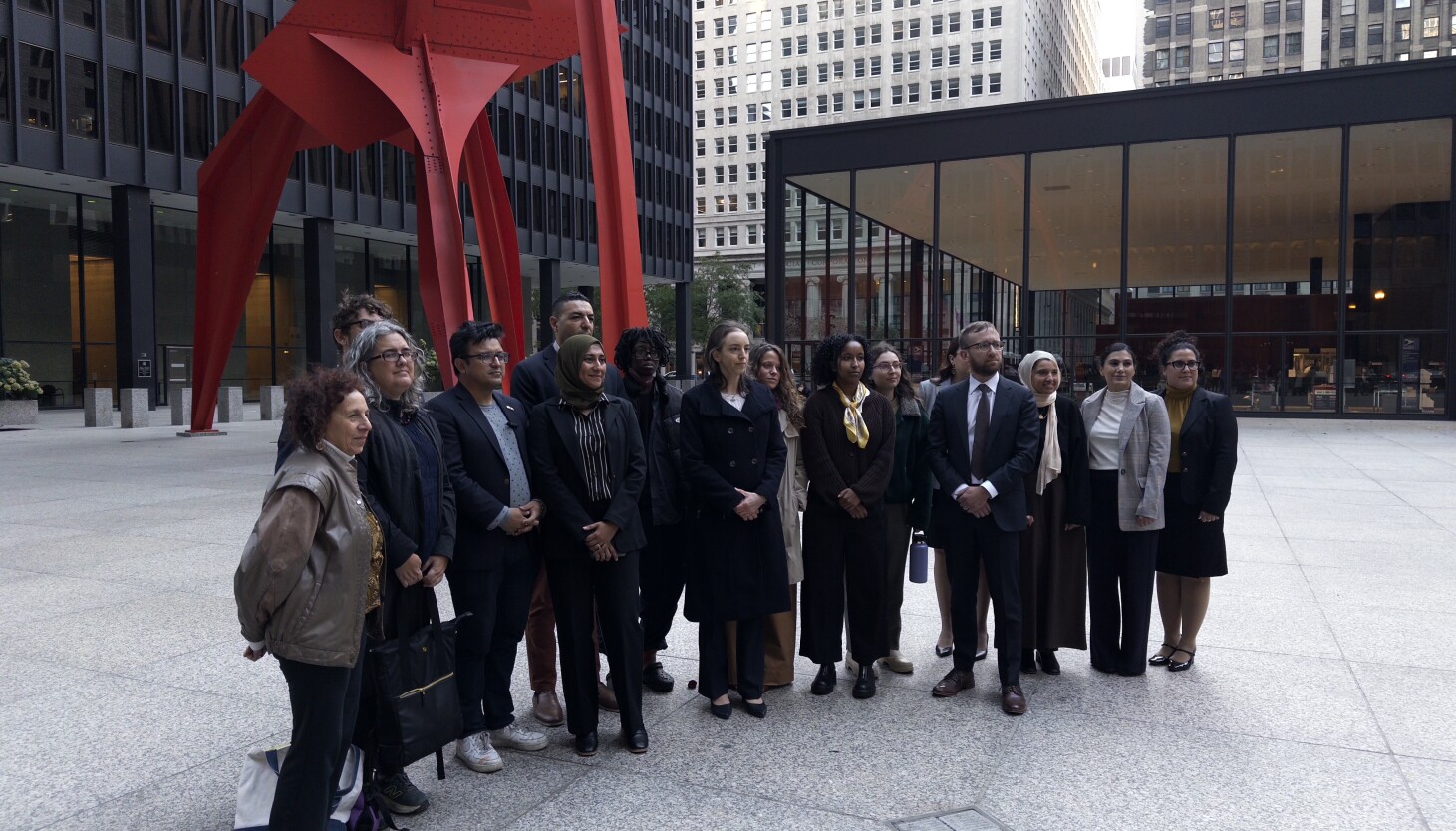Copyright thenationonlineng

The Nigeria Labour Congress (NLC) yesterday gave the Federal Government’s negotiating team on the 2009 agreement with universities- based unions four weeks to tidy up all discussions with the unions. The committee is headed by a former Secretary to the Government of the Federation (SGF), Yayale Ahmed. The NLC said its organs would meet at the end of the four weeks if the negotiations were not concluded and take a nationwide action. It threatened to coopt all workers in the country, including all unions in order to “get to the root of all this”. The congress, in solidarity with its affiliate unions from the education sector, declared a “no pay, no work” stand in response to the Federal Government’s declaration of “no work, no pay” policy in response to ongoing two-week warning strike declared by the Academic Staff Union of Universities (ASUU). The unions include ASUU, the Senior Staff Association of Nigerian Universities (SSANU), the Non-Academic Staff Union of Educational and Associated Institutions (NASU), the National Association of Academic Technologists (NAAT), the Academic Staff Union of Polytechnics (ASUP), the Senior Staff Association of Nigerian Polytechnics (SSANIP), the Academic Staff Union of Research Institutions (ASURI), the College of Education Staff Union (COESU), among others. At a meeting yesterday in Abuja, the tertiary institutions-based unions resolved to work together in their negotiations with the Federal Government. READ ALSO: Alleged forgery: Anyanwu signed letter before Govs, Saraki, Aliyu, others – PDP During the meeting, NLC President Joe Ajaero said: “The NLC, after extensive deliberation with the unions in the tertiary institutions on finding solutions to the perennial problems in that sector, decided to brief you (reporters) that we have resolved at the level of NLC to work with the unions to make sure that we are able to find a lasting solution on the problems that they have been facing all these years. “We have decided to establish a framework for engagement towards implementation of agreements, outstanding agreements, and towards sustainable funding of education, in line with UNESCO principles of 25 per cent, 26 per cent funding of education, and review of wage structures and allowances in the tertiary institutions, and as well as respect of trade union rights of collective bargaining. “On this regard, we discovered that those government officials sent to meetings go there without a mandate. Henceforth, nobody in the trade unions, either in the tertiary institutions or anywhere else, will go into any meeting with government representatives who don’t have mandates. Well, that is what is at the point of this crisis. “You go and finish a negotiation, you sign an agreement, and then you go back to renege. Never again. We will not condone this act. All over the world, agreements are held in very serious dimension.”



